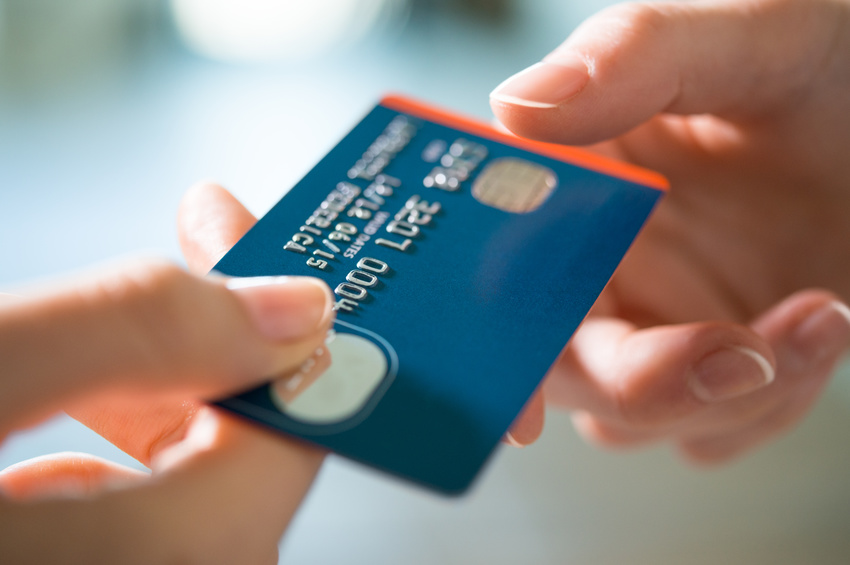American merchants are likely to be a little skeptical about the long-awaited introduction of Europay-Mastercard-Visa (EMV) chip cards into the country, which have been present for quite a long time in other countries. “Why the negativity?” I hear you ask. Although EMV cards are very effective in preventing fraud in card-present transactions, they are not so protective in card-not-present transactions, which are purchases made online and via telephone.
The truth is, these cards offer no more protection than the magnetic-stripe cards they are due to replace. The UK, which converted to EMV cards in 2004, experienced card-not-present fraud statistics as high as 62% in 2010, a big difference from the 30% in 2004. Not only this, but Canada, which converted to EMV shortly after the United Kingdom, saw a 19% increase in online fraud in 2010 compared to 2 years previously. In these countries, online channels are the major source of card fraud. It is no wonder that many e-merchants in America are worrying that the same will happen to this country.
Despite the widespread worries and doubts, U.S. payments executives are keen to discuss methods by which they can prevent the expected increase in online fraud, especially after the EMV deadline has been set for October 2015. Proposed solutions vary from increased use of existing anti-fraud services to biometrics, tokenized transactions, and other remedies. However, merchants who are experienced in handling online fraud have suggested that better use of in-house data may be the best thing to do. For example, Southwest Airlines has reduced online fraud by a huge 75%, ever since it started implementing new controls and deploying software that mines its internal data for any fraud indicators, about five years ago. This is very significant for the company because almost 85% of the carrier’s bookings are made online.
Although fraud-prevention measures made by card networks, such as card verification values (CVVs) and codes on the back of the card are helpful, they are not as effective as in-house data when it comes to preventing online fraud, according to Priebe, the director of payment strategies in Southwest Airline’s treasury operation. He also said that, although Southwest and many other companies will be on high alert when EMV is introduced, the situation is not likely to grow as bad as the situation in Europe.
Sure, many merchants, especially those who run their businesses online, are bound to be a little worried about potential online fraud once EMV is introduced into the U.S. However, the fact that executives are looking further into the different ways to prevent this from happening is very reassuring indeed.


